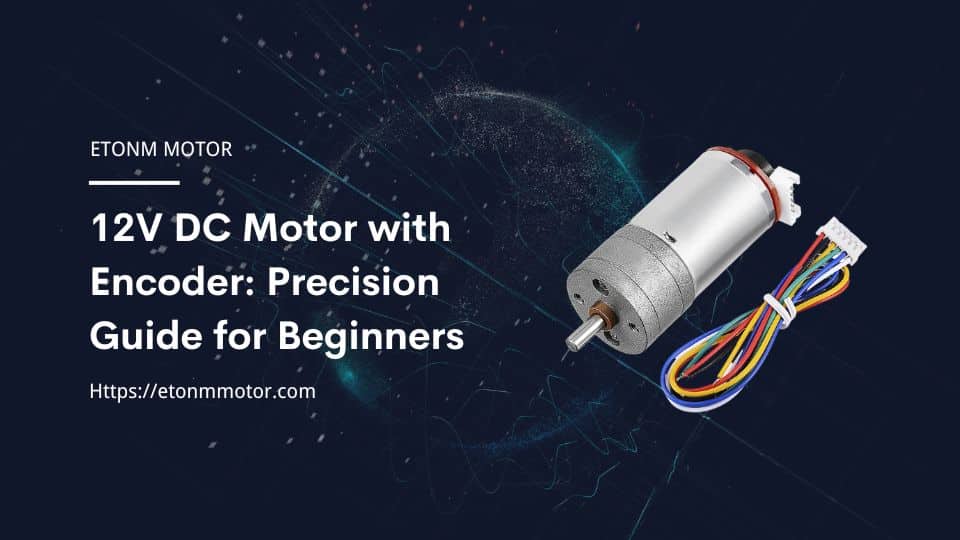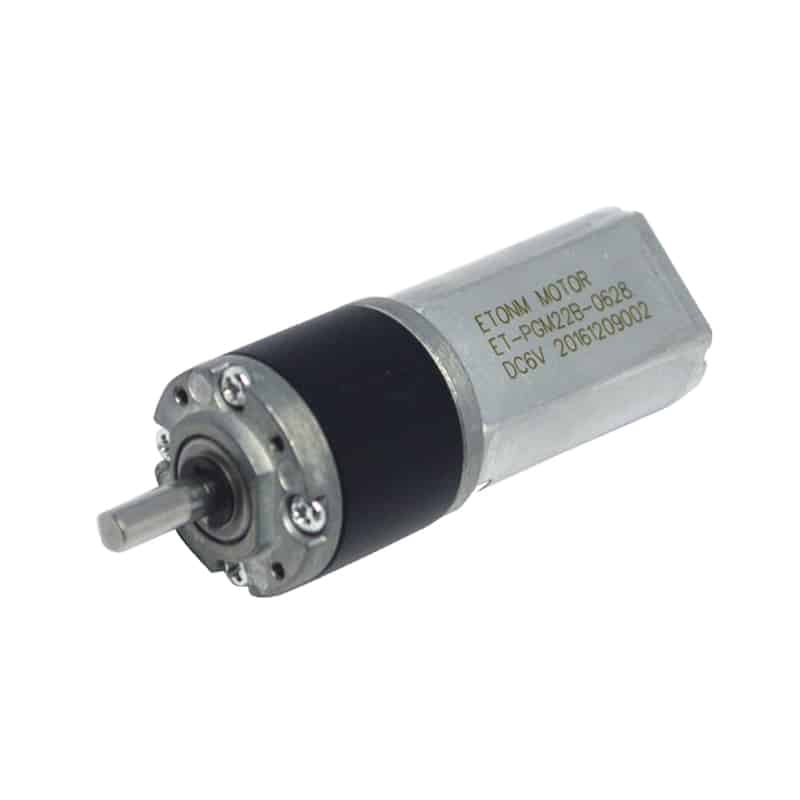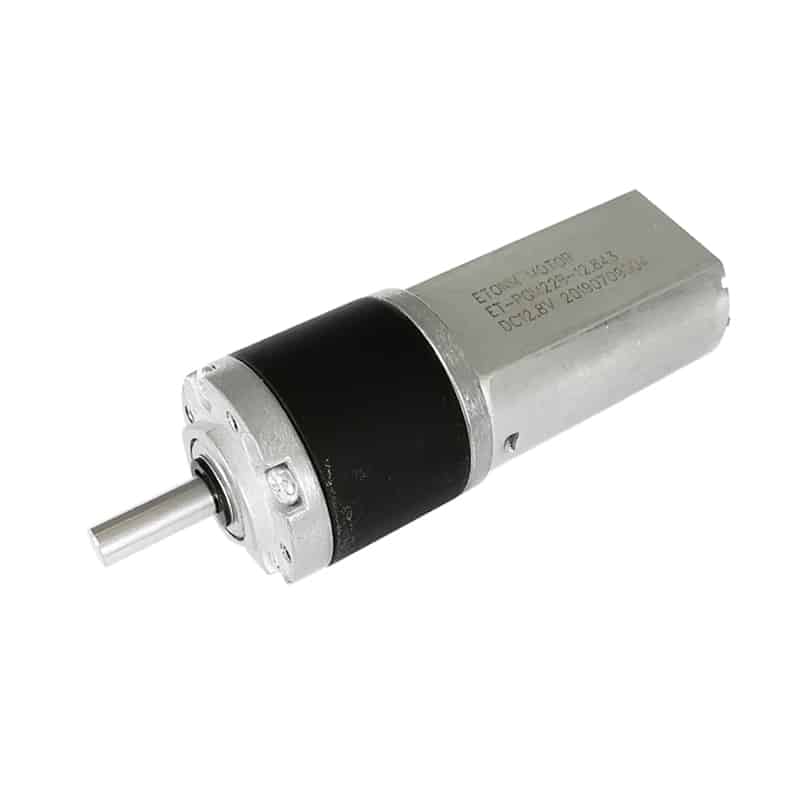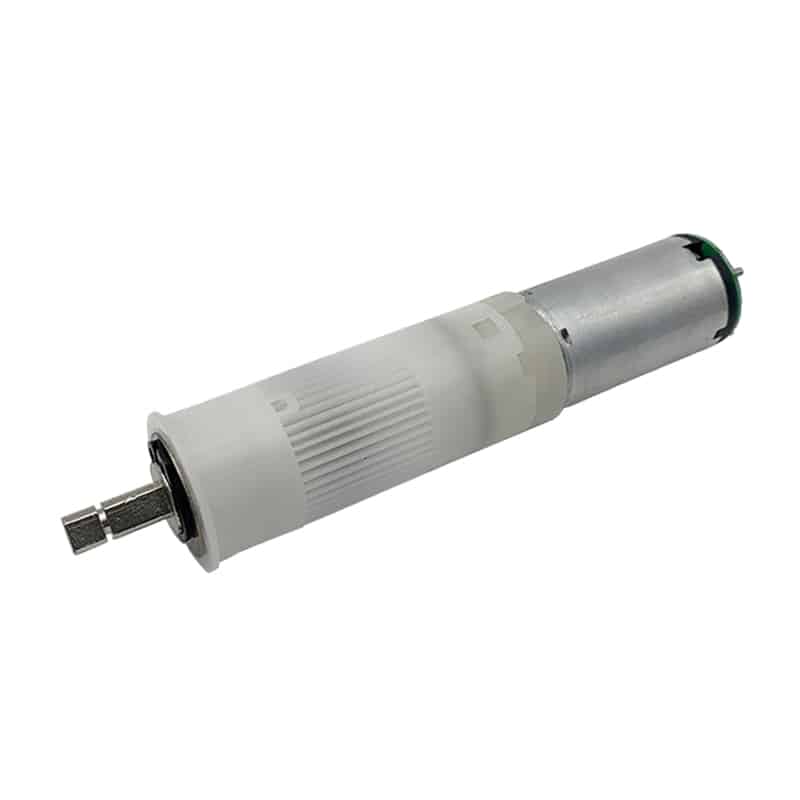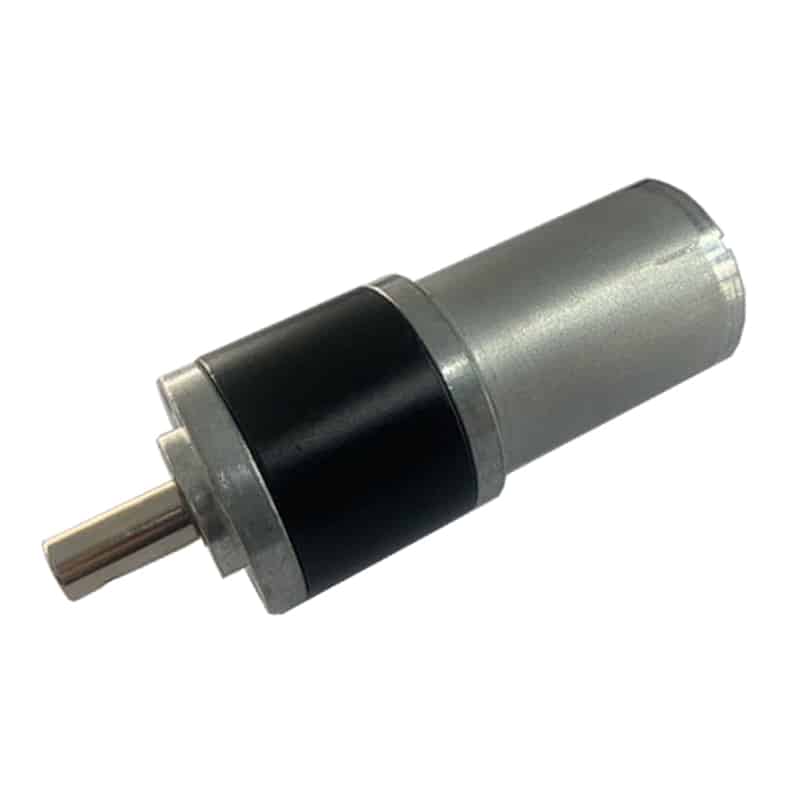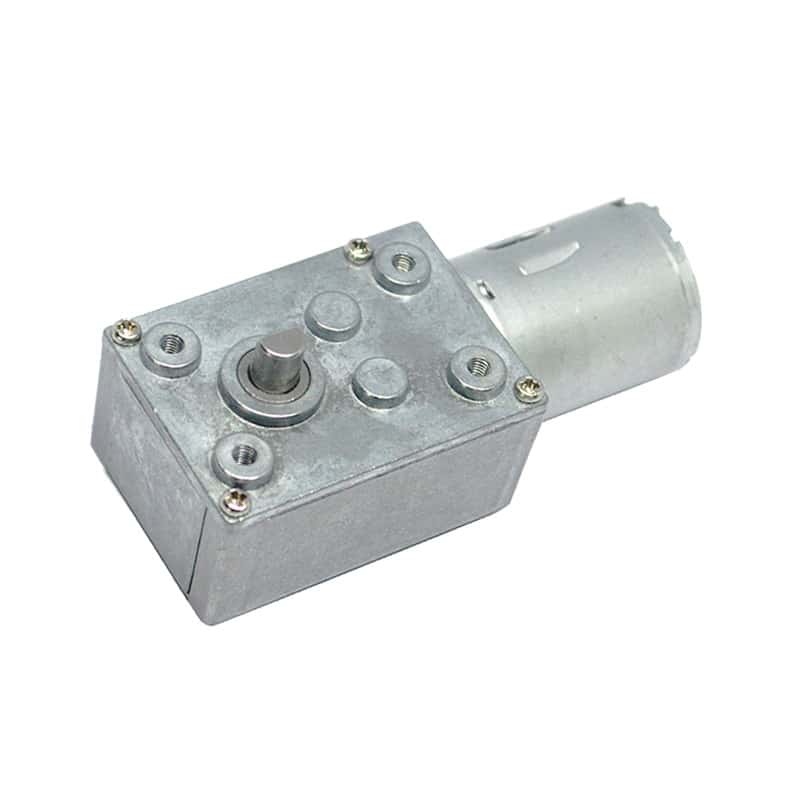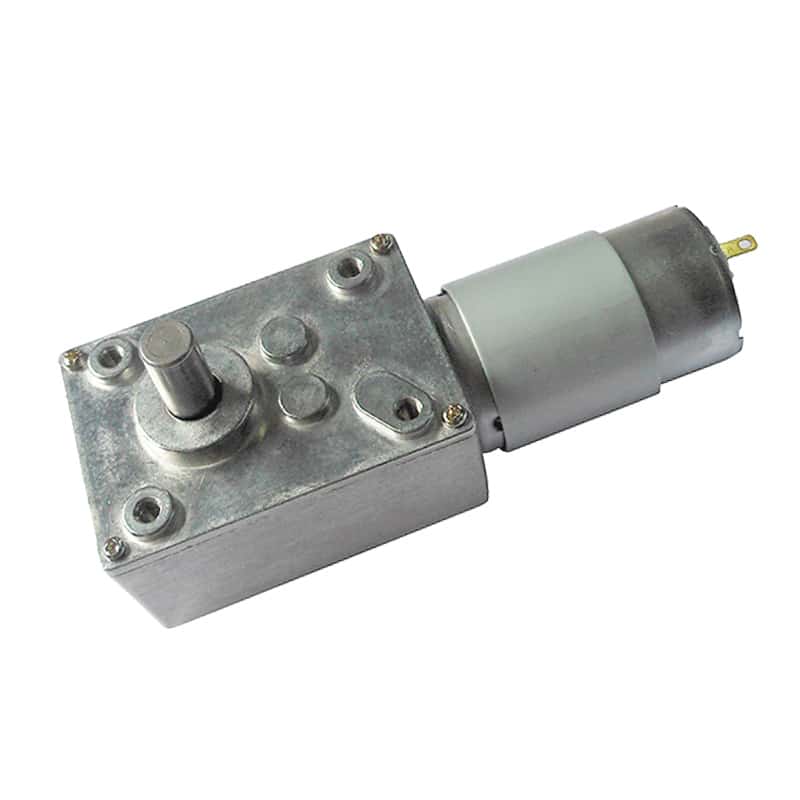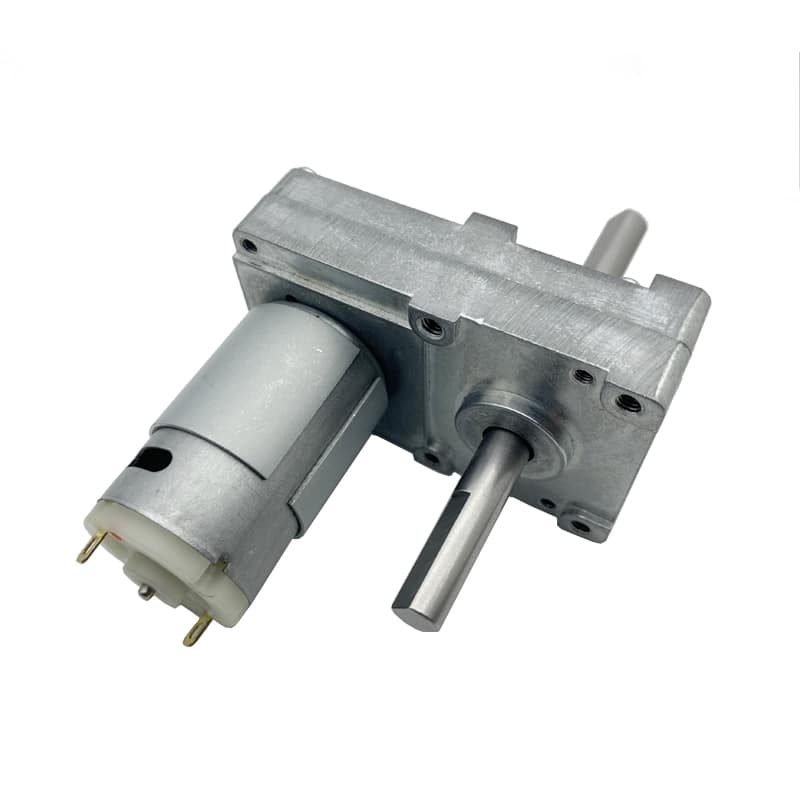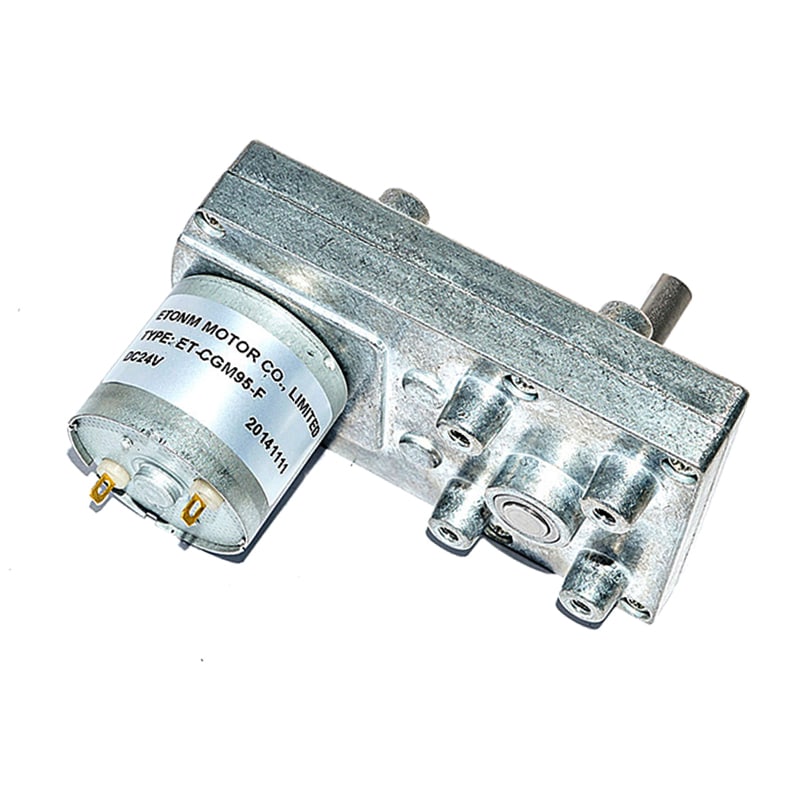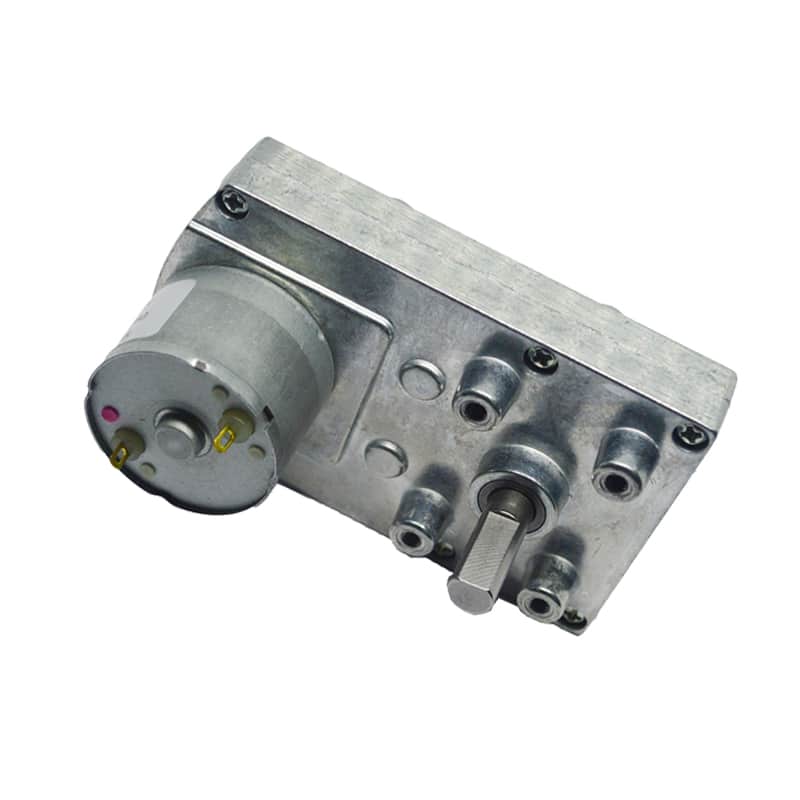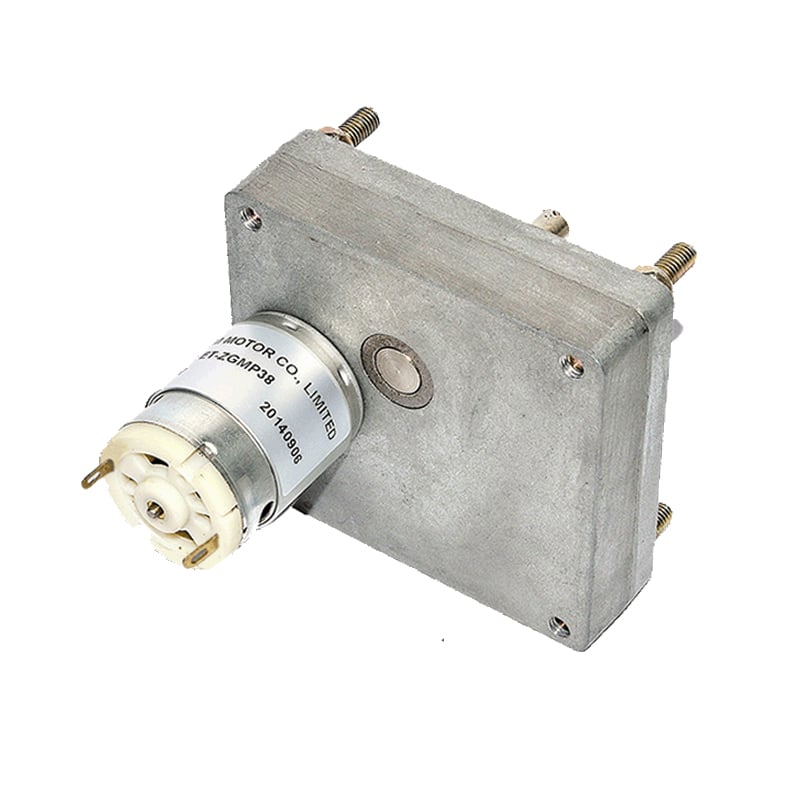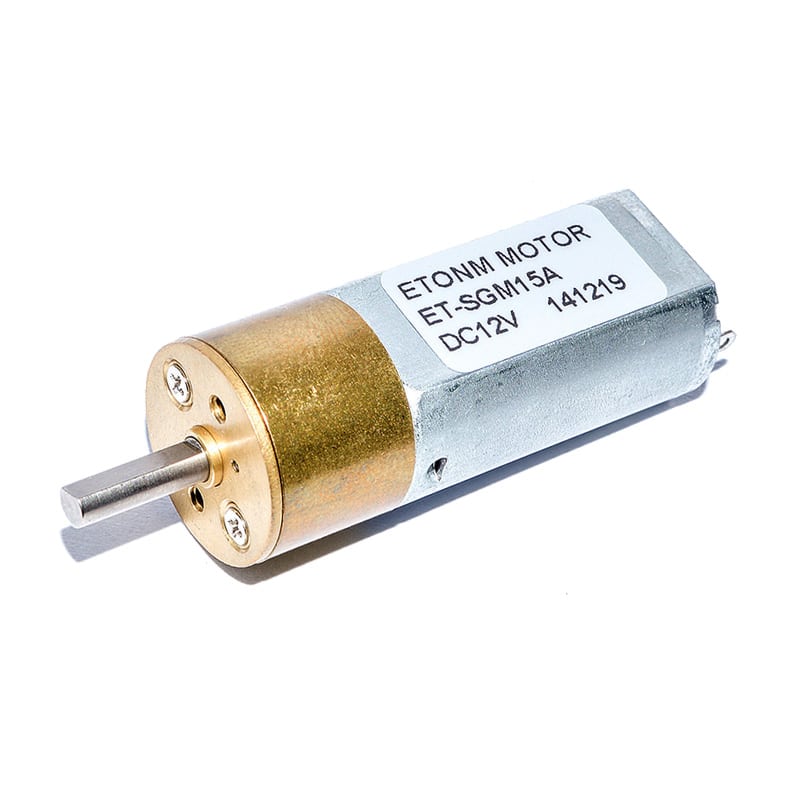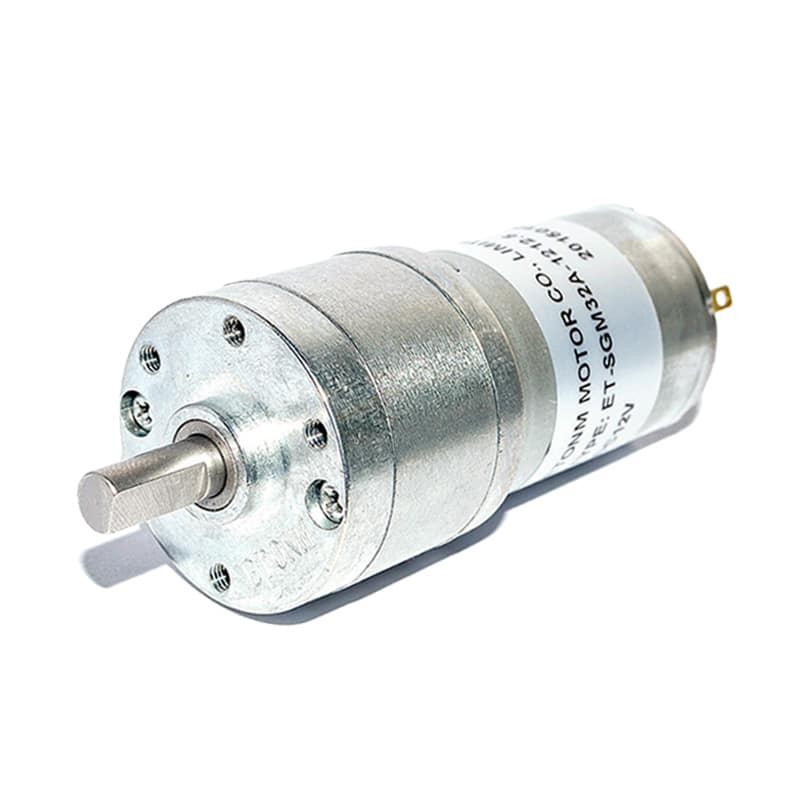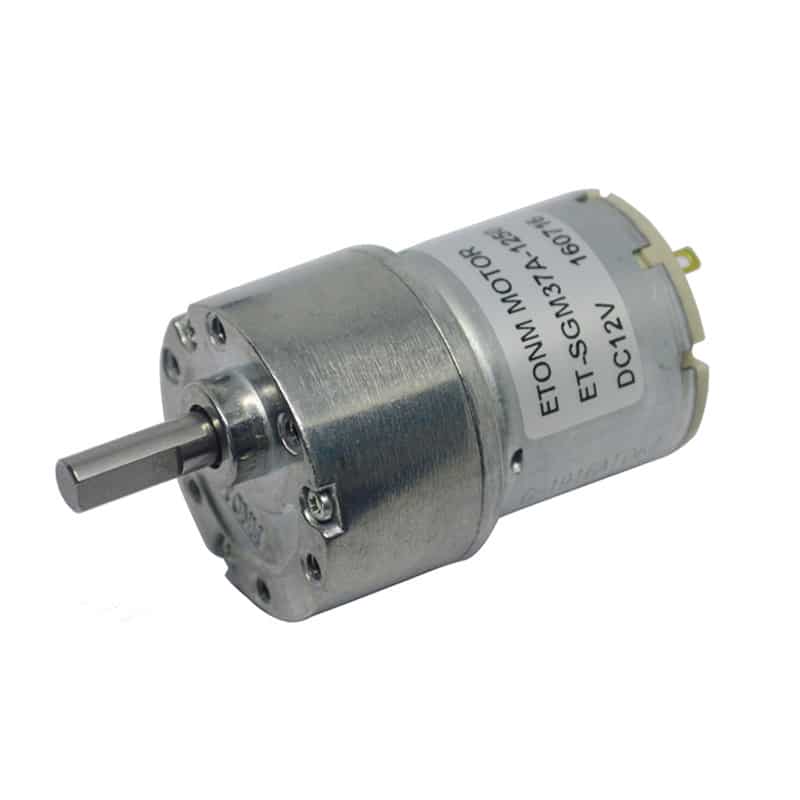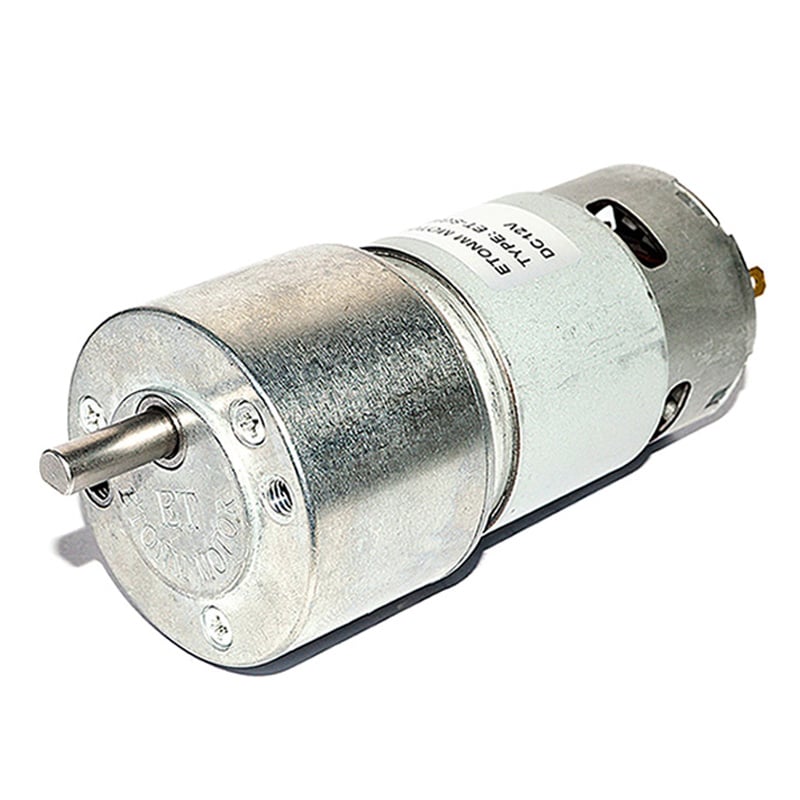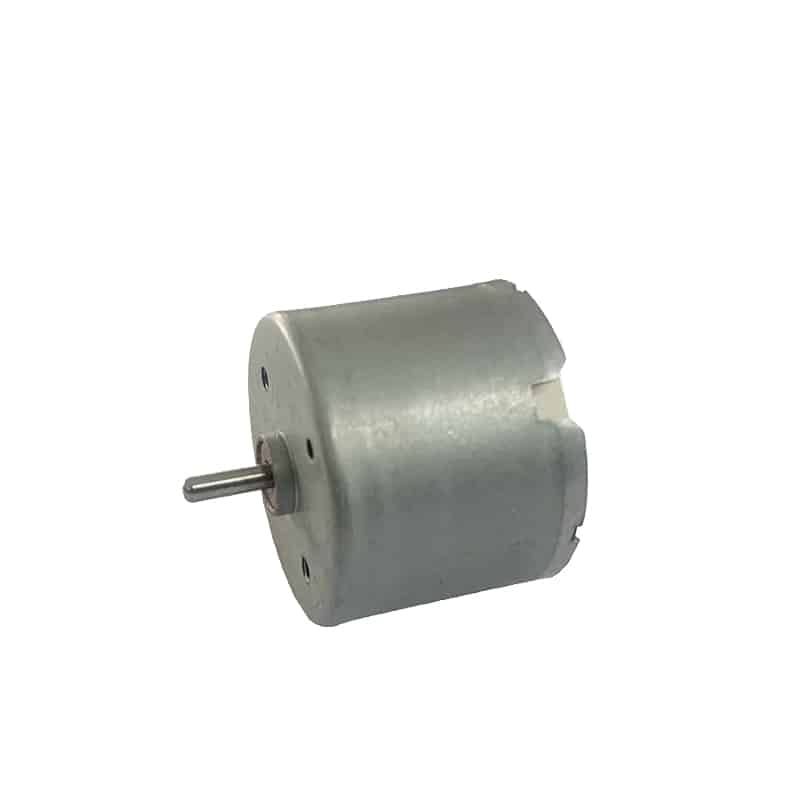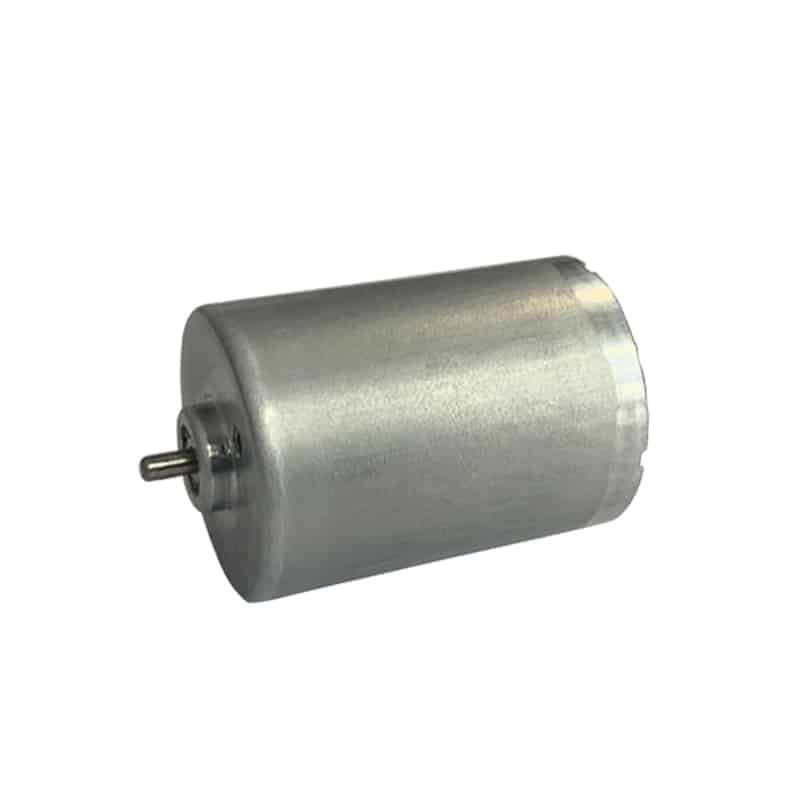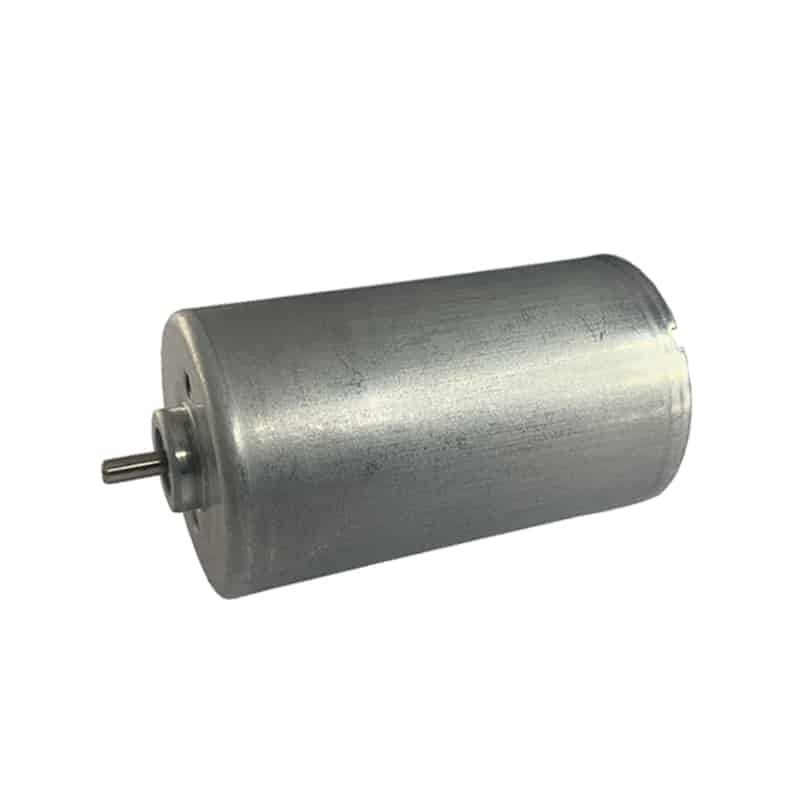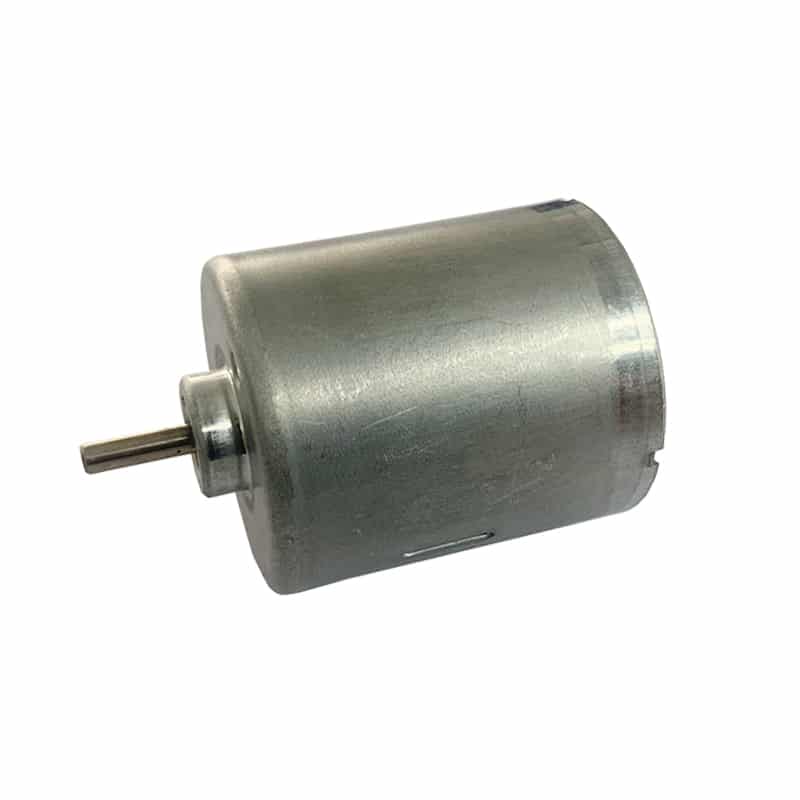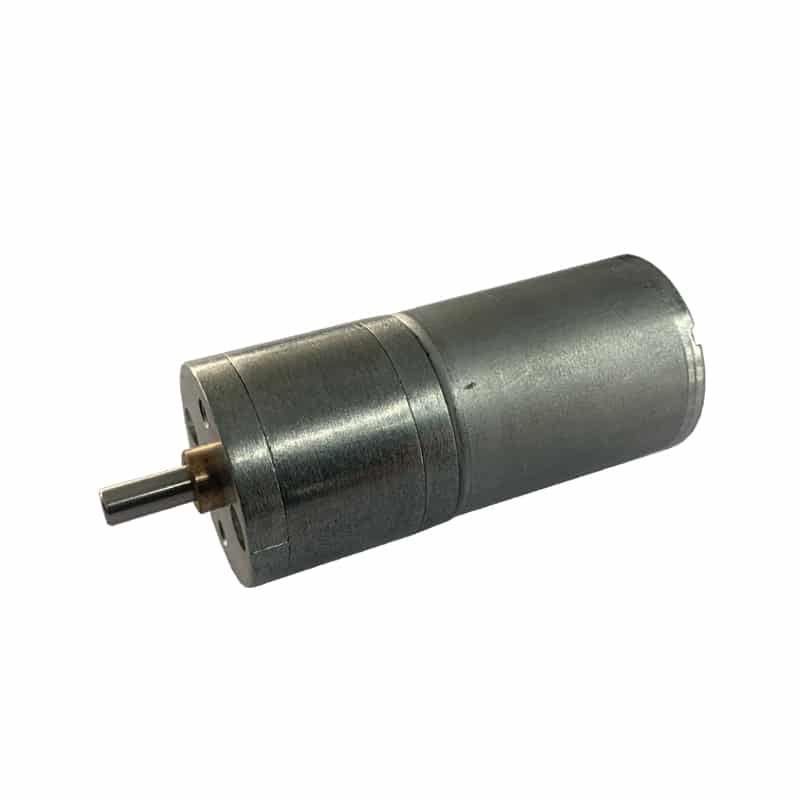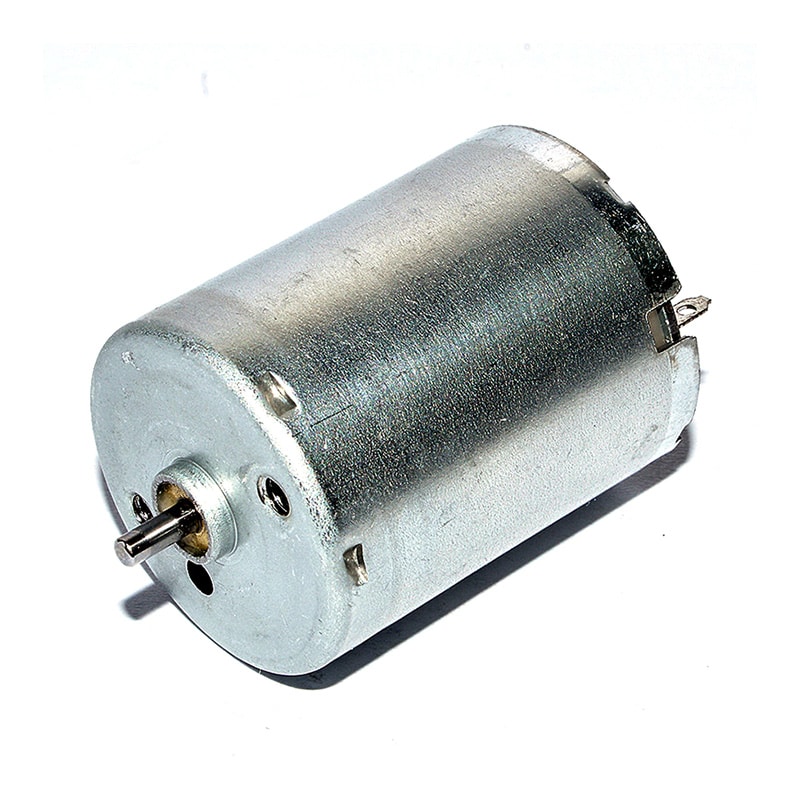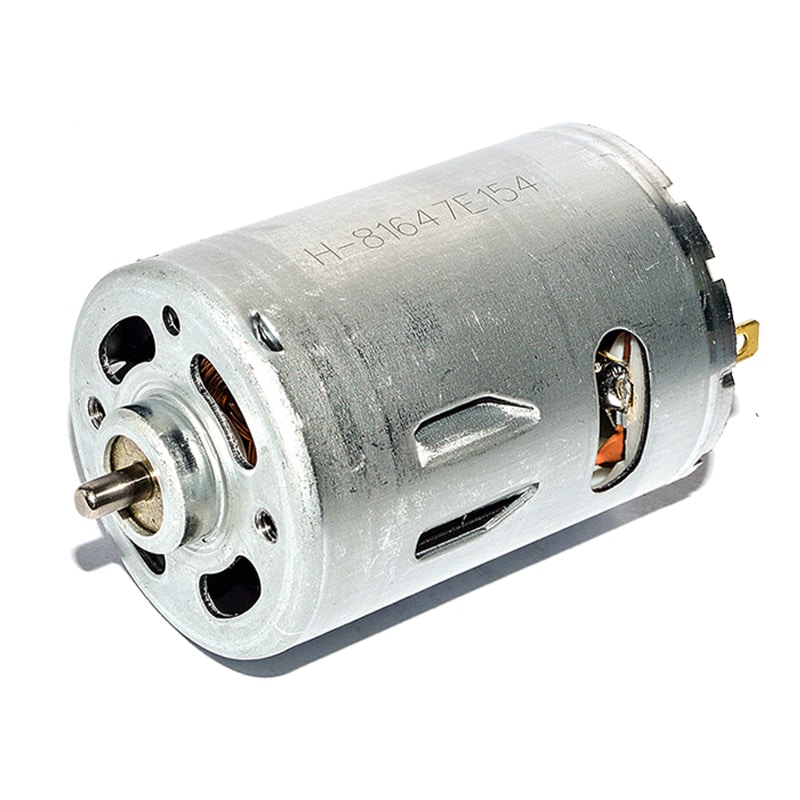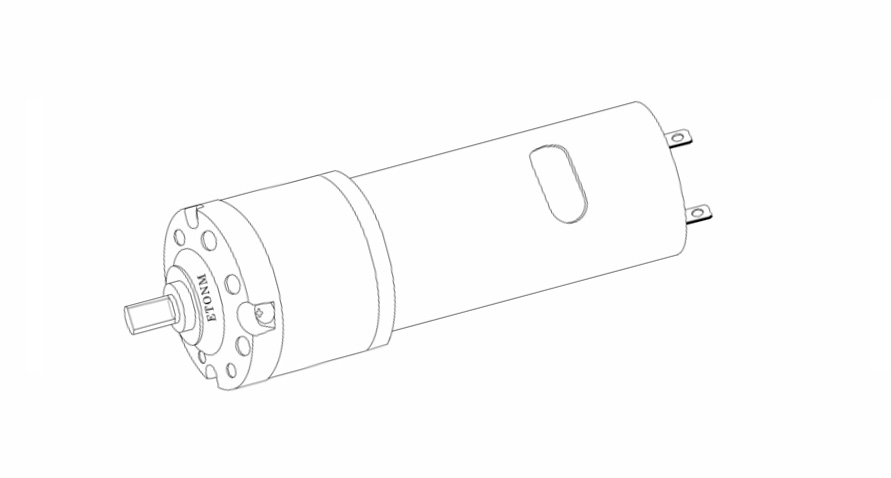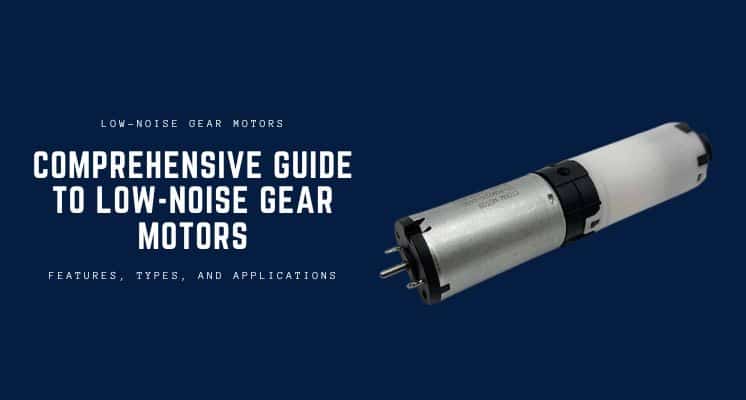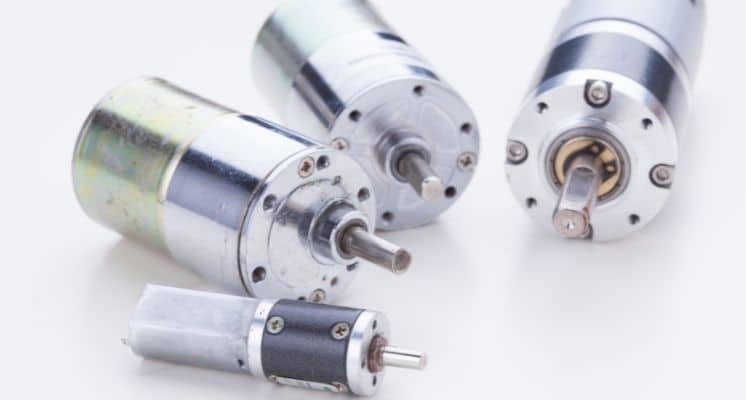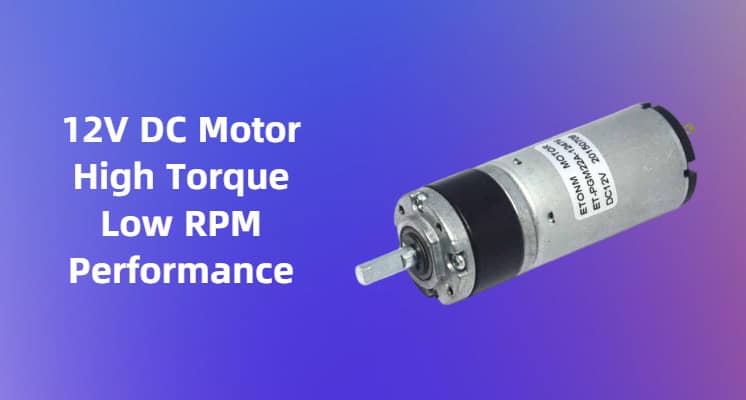"New to motor precision? Learn how a 12V DC motor with encoder boosts control in robotics and automation with this beginner-friendly guide from Etonm Motor."
Table of Contents
Why Precision Matters with 12V Motors and Encoders
If you’ve ever tinkered with a motor project—maybe a DIY robot or a smart home device—you’ve likely hit that moment when the motor just won’t cooperate. It spins too fast, veers off track, or stops in the wrong place. Sound familiar? Enter the 12V DC motor with encoder, your new best friend for tackling those headaches. Encoders act like a GPS for your motor, delivering pinpoint control over speed and position. For beginners, this might seem intimidating, but it’s easier than you think—and the results are worth it.
Why bother with precision? It’s not just for engineers in white coats. Whether you’re crafting a robotic arm that grabs stuff or an automated dispenser that nails every pour, a 12V DC motor with encoder can turn “close enough” into “spot on.” Newbies often wonder, “Do I really need an encoder?” If you crave reliability and accuracy, the answer’s a big yes. In this guide, we’ll walk you through how encoders work, their real-world uses, and how to pick the right one. At Etonm Motor, we’ve been building these precision tools for years—let’s get you started!
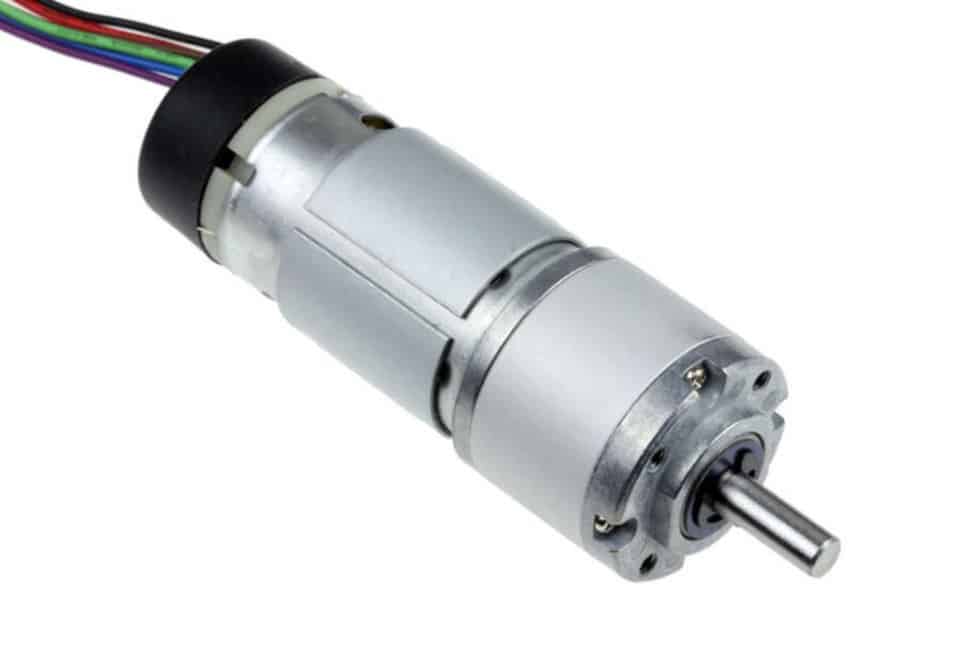
How Encoders Work with 12V DC Motors
Ever wondered how a motor knows when to speed up or stop? That’s where encoders shine, transforming a 12V DC motor with encoder into a precision machine. Let’s peel back the curtain—no engineering degree needed!
The Basics of Speed and Position Tracking
Think of an encoder as a tiny lookout perched on your motor. It watches the shaft spin and sends updates about speed and position in real time. How does it do that? Most encoders use optical or magnetic pulses—little “ticks” that count each turn. With a 12V DC motor with encoder, you can set it to run at 100 RPM and stop after three spins, no guesswork required. It’s like dialing in the perfect breeze on a ceiling fan—smooth and exact.
Encoder Types You Should Know
Encoders come in flavors, and the right one depends on your project. Incremental encoders track changes—like counting steps as you walk—perfect for basic speed control. Absolute encoders, though, tell you the motor’s exact spot every time, even after a power cut. They’re a top pick for a brushless DC motor with encoder, especially in robotics. Etonm Motor offers both, so you can match your 12V setup without breaking a sweat.
Real-World Uses of 12V DC Motors with Encoders
Now that you’ve got the gist, let’s see these motors in action. A 12V DC motor with encoder isn’t just for tech geeks—it’s behind everyday gadgets you’d recognize. From robots dodging furniture to machines nailing precise drops, here’s where they shine.
Robotics Navigation Made Simple
Imagine a wheeled robot cruising your living room. Without an encoder, it’s a chaotic mess—think a blindfolded kid with a toy car. Add a 12V DC motor with encoder, and it’s a whole new game. The encoder tracks wheel speed and position, letting the bot map its route and dodge your sofa. Etonm Motor’s encoder motors have helped hobbyists and pros build bots that move like they’ve got brains of their own.
Automation Equipment and Beyond
Automation loves encoders too. Ever wonder how a vending machine drops your chips without crushing them? That’s a brushless DC motor with encoder at play, halting at the perfect spot. Or take smart valves in water meters—our 12V motors with encoders can boost positioning accuracy by up to 95%, cutting waste. From medical tools to soap dispensers, Etonm Motor keeps things humming where precision matters.
Choosing the Right Encoder for Your 12V Motor
Convinced a 12V DC motor with encoder is for you? Great—now let’s pick the right one. It’s not rocket science; whether it’s a robot or an automation tweak, matching the encoder to your motor is straightforward. Here’s how to nail it.
Matching Encoder to Motor Type
Start with your motor. A brushed 12V motor pairs well with an incremental encoder for simple speed tasks—think of it as the trusty sidekick. However, a brushless DC motor with an encoder might call for an absolute encoder, especially for robotics, where every angle counts. Etonm Motor has options for both, so your 12V setup fits like a glove.
Practical Tips for Beginners
Shopping time! Focus on resolution—higher pulses per revolution (PPR) give finer control, but don’t overkill it for basic jobs. Check the output signal—TTL or open-collector works with most 12V systems, so match your gear. And consider durability—a dusty garage needs a tougher encoder. Pro tip: Visit Etonm Motor’s product page to check specs and snag the perfect match.
Start Your Precision Journey with Etonm Motor
There you go—a beginner’s rundown on why a 12V DC motor with encoder is your key to precision. From tracking speed and position to powering robots and automation, encoders ditch the guesswork. They’re not just for tech wizards; even newbies can level up with the right gear. And the best part? You’re not on your own.
At Etonm Motor, we’ve honed motors and encoders for years—think smart home devices, medical gear, and more. Ready to kick off your project? Swing by our website to explore our 12V encoder motors or ask for custom tips. Precision’s waiting—let’s get your ideas rolling!
Explore Our 12v DC motors
Related Reading
- 12V vs 24V DC Motors: How to Choose Your Voltage
- 3V and 5V DC Motors: A Beginner’s Guide
- DC Motor Types: A Guide to Choosing the Right Model
- 12v DC Planetary Gear Motor: Power & Precision by Etonm Motor
- 24v Planetary Gear Motor: Strength Meets Efficiency
- Brushless DC Motor Manufacturers You Should Know
- 12V DC Motor High Torque Low RPM Performance
- Introduction of 12V DC Micro Motor Products
- Why Choose 24v Small DC Motors?
- 12V Gear Motor Guide: Worm vs Planetary Gears
- 12 Volt 1 HP DC Motors: Powering Fans to Heavy Duty
- 12V DC Motor Guide: From Basics to Uses
- 12V DC Motor Speed Controllers: How They Work & Setup Tips
- 12V DC Air Pump Motors: Small Size, Big Pressure
- 12V DC Motor High Torque High RPM: Torque Vs. Speed
- Custom Control: Pairing 12V DC Motors With Speed And Encoder Accessories
- DC Speed Controller 12V Basics: From Brushed To BLDC

